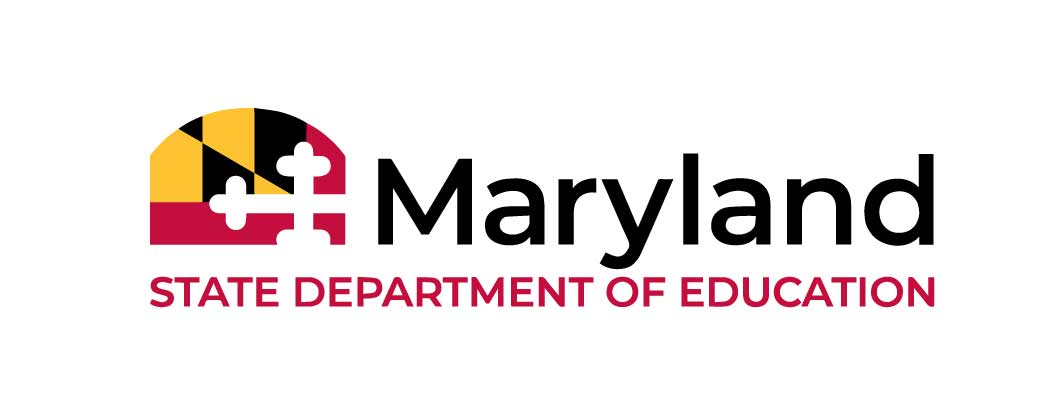Plan
THREE ACTION IMPERATIVES

Early Childhood
A seamless and comprehensive statewide system of coordinated services for children with disabilities – birth to kindergarten – and their families will be implemented in home, community, and early childhood settings to narrow the school readiness gap.
LEARN MORE →
Access, Equity, Progress
Implementation of effective, equitable, and culturally-responsive education services will result in increased access to instruction, improved educational achievement and functional outcomes, and reduced gaps between students with and without disabilities.
LEARN MORE →
Secondary Transition
Seamless transition programs and services, aligned with evidence-based practices, will be implemented to increase the number of youth with disabilities who are actively engaged in post-secondary activities such as education, technical and career training, and employment after exiting schools..
LEARN MORE →FIVE KEY STRATEGIES
Established, Meaningful
Strategic Collaboration
The Division will employ strategic collaboration with partners across State agencies, across divisions within the MSDE, among public education agencies, with Institutes of Higher Education, and with families, advocates, and community partners, in order to promote access for all children to high-quality teaching and learning.
Engaged, Informed
Family Partnerships
The Division will create and sustain strong family partnerships and will support school and community personnel in their efforts to encourage families as their child’s first teacher to make active and informed decisions that contribute to their child’s success.
Applied Data-Informed Decisions
The Division will increase the capacity to make data-informed decisions at the State and local levels by providing access to real-time student data (including formative and summative assessments, as well as observational and anecdotal documentation). The Division will support the implementation of an evidence-based and customized data analysis and decision-making process.
Installed Evidence-Based Practices
with Fidelity
The Division will promote the adoption and implementation with fidelity of evidence-based practices to narrow school readiness and achievement gaps. The Division will identify and share evidence-based practices, including an integrated tiered system of academic and behavioral supports, to ensure equitable access to high-quality instruction that leads to student progress.
Effective, Ongoing Professional
Learning with Coaching
The Division will provide professional learning to promote effective early care and education providers, teachers of students with disabilities, related service providers, paraprofessionals, and leaders. The Division will use ongoing collaborative learning communities reflective coaching models, online tools, and guidance on evidence-based practices to engage stakeholders in transforming the skills, knowledge, and beliefs of all individuals who impact the life of a child.

